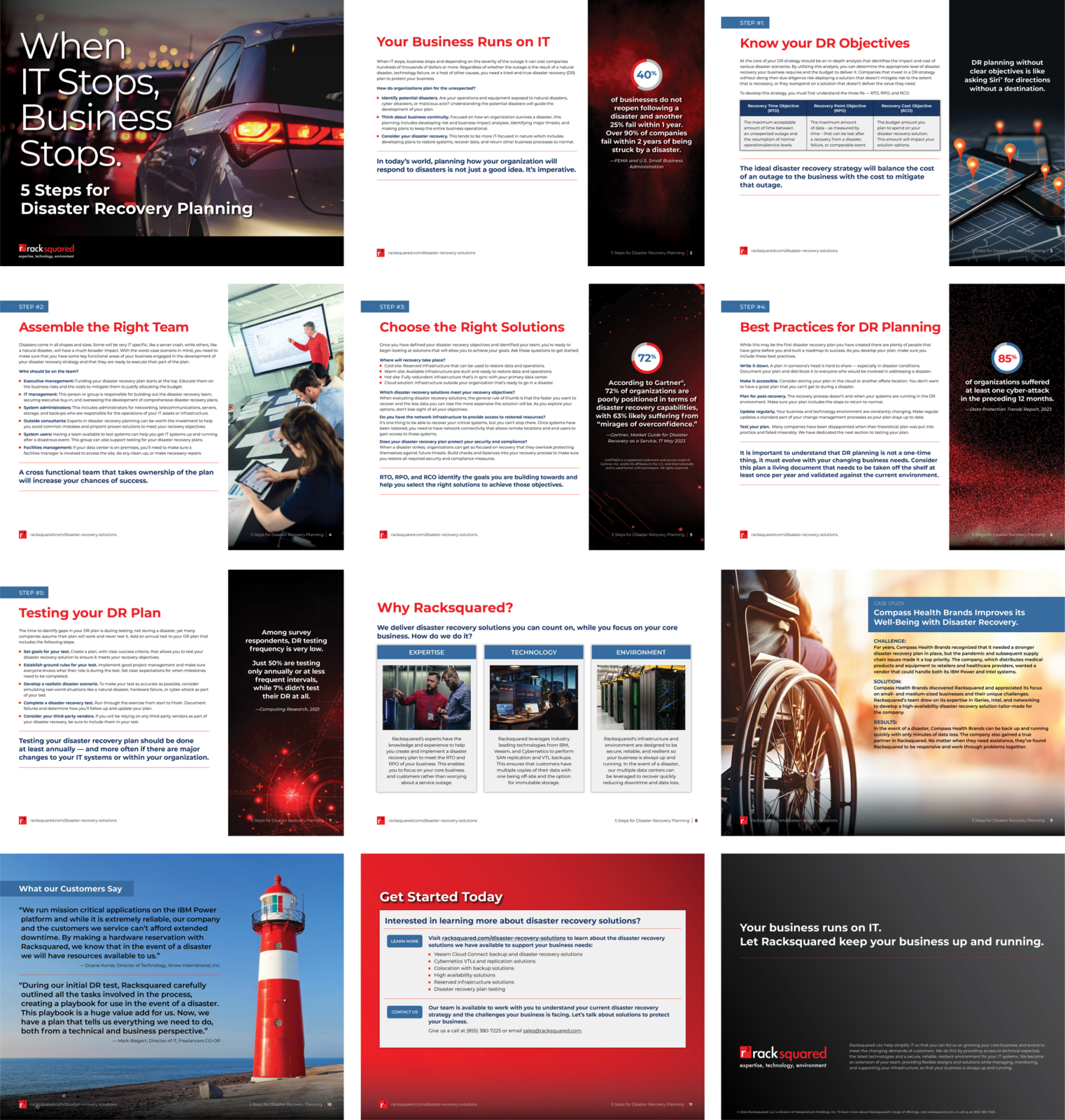When a Crisis Continues: Maintaining Focus and Momentum
In business, we often think of a crisis as something that happens quickly, creates a flurry of activity and negative publicity, and then is solved. But a crisis can play out over months or years, and that presents a real challenge to a company. Blue Bell, the little creamery in Brenham, is getting to live through its own nightmare. From its voluntary recall on April 20 to its current negotiations with the FDA and state health departments, the problems just continue.
If a crisis happens suddenly and is contained quickly—like a bank robbery, or the arrest of a high-profile football player—the furor dies down soon. But Blue Bell faces another type of problem. Initial coverage of the presence of listeria in their facilities has been compounded by revelations released by the FDA on May 8th that Blue Bell executives were aware that listeria had been found in the Blue Bell production facility in Oklahoma 17 times between 2013 and 2015. And Blue Bell didn’t tell the FDA about it until this year. In addition, recent federal records shows that Blue Bell was warned about problems at its Alabama production facility in 2011, although the FDA did not follow-up with the Alabama plant until this year.
What Blue Bell Has Done Right
If there is one thing that the American public has a hard time forgiving, it’s a cover-up, or the appearance of a cover-up. Before the information was released about Blue Bell’s failure to inform the FDA about its findings, or the failure to fix inadequacies found in Alabama, the company had navigated the difficult waters of the listeria crisis with a lot of skill. They posted videos and information on their website. They expressed regret. They promised they would fix the problem. And they maintained a consistent message. Those were the right steps to take to communicate with their audiences and try to protect people’s trust in the company. One week after announcing their April 20 recall, they announced an intensive cleaning program and new training programs for their employees. While these announcements can raise the question, “does that mean you weren’t very serious about cleaning or staff training before?” it was still a necessary step.
Where It Gets Difficult
Now Blue Bell faces a long road. They had to lay off 37% of their work force and furlough about 1,400 employees. Characterizing it as “An Agonizing Decision,” they showed a great deal of class by asking business owners who were hiring to contact Blue Bell, so that they could potentially help place their former employees in new positions. Now they are concluding negotiations with state departments of health in the three states where they have production facilities. And the FDA is still investigating the original source of the listeria, as it is the FDA’s responsibility to find the source. Add to that the new information that Blue Bell has known about the problems for more than four years, and it starts to have the feel of a failure of corporate leadership.
It’s all a big mess. And in the middle of it, Blue Bell has to continue to repeat its message of a commitment to quality. At the same time, some things are obviously slipping through the cracks. Blue Bell advertises on the Houston Astros radio broadcasts—and recent games still carried their sponsorship tag: “Astros baseball is brought to you by Blue Bell, the best ice cream in the country.” Ouch.
Be Ready for Hard Times
As the Blue Bell crisis continues to play out, it’s a good time to take a look at your company’s own crisis communications plan. (You have one, right?) Does your plan address a long-term crisis? Or does it inherently assume something that is over quickly? Does it include reviewing all advertising and social media plans, as well as any planned underwriting, to be sure that any public communication supports the main message of your crisis plan? Does it talk about how to modulate the message over time, so that it remains fresh?
Of course the best defense is to be that perfect company that never does anything wrong, never underestimates a threat, or overlooks the consequences. But that doesn’t happen much in the real world. When a company faces crisis, there is pressure to perform, to find solutions, to ensure the company’s survival. A good plan will be worth all of the time that is spent developing it should the unexpected—or unthinkable—happen.




